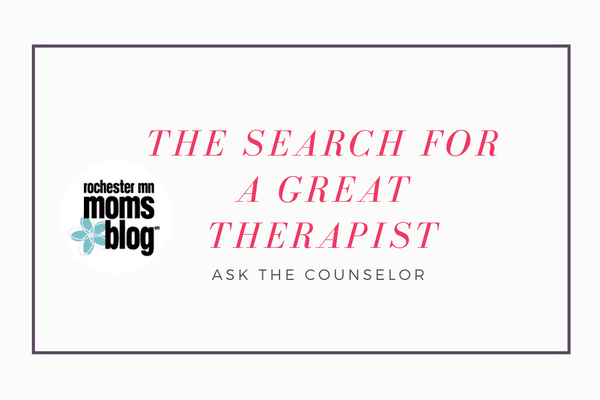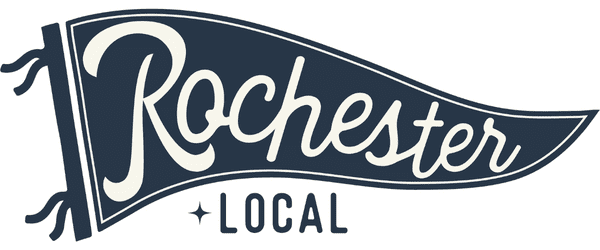 “I am considering therapy. How do I know which therapist is going to be the right fit for me?”
“I am considering therapy. How do I know which therapist is going to be the right fit for me?”
First, let me say, “Way to take care of you!”
Everyone can benefit from counseling. Life is complex, and a professional therapist is helpful in trying to make sense of your life experiences. A good therapist is an invaluable tool in improving your quality of life.
You don’t have to be depressed, anxious, or in a crisis to see a therapist. Sometimes people come to my office for a little extra support while making a life transition or to get professional reassurance about their current life experiences.
That said, therapy is an investment. As a client, it is good to ensure you are receiving quality treatment and care tailored to your individual needs and goals. At the core of effective personal change is the therapeutic relationship. A positive therapeutic relationship is shown to be an essential factor in a successful therapeutic outcome. So, finding a therapist you feel connected to is important.
Here are 3 guidelines to aid you in determining which therapist is the right fit for you.
Make a List
Before you begin the process of finding a therapist, make a list of:
- What you are experiencing
- What you want to accomplish
- What characteristics you are looking for in a therapist
This list will beneficial when asking other people for referrals or researching online.
Ask for Referrals
Another person’s perspective about a potential therapist is useful in making your decision.
You can request referrals from family members, friends, pastors, medical professionals, or people you know have seen a therapist.
Feel free to ask them about their experiences with their therapist.
Inquire about:
- The reason for their recommendation
- Their overall experience
- What they appreciated and did not appreciated about their therapist and why
You can do some investigating online. Most professionals will have a website you can visit. Also sites such as Psychology Today can be helpful in narrowing down the field.
This article on Comprehending the Credentials can help you make sense of all the letters after each therapist’s name.
Meeting with a Therapist
Most professional therapists will offer a free 30-minute consultation. If you are considering more than one therapist, let them know and when you plan on making a decision.
Here are 10 basic questions to ask during your consultation:
- What credentialing, training, and experience do you have?
- What led you to become a therapist?
- What experience do you have helping people like me with these types of concerns?
- What is your therapeutic approach in treating what I am experiencing?
- What can I expect to happen in my therapy sessions?
- How often do you recommend we meet and for how long?
- Do you coordinate care with other professionals?
- Can I be in touch in between sessions if I have any questions?
- What can I expect to be doing in-between sessions?
- What are your fees? Do you offer a sliding fee scale and/or are you covered by insurance?
Remember it can take a couple of sessions to feel comfortable with your therapist. If a therapist meets your requirements for treatment, try a few sessions. If it does not work out, let your therapist know, and he or she can give you a few referrals. If you decide to switch, don’t worry about offending your therapist. Most therapists want provide you with the best care for your needs, even it it’s not with them. They are more than happy to assist you in finding a person who is a good fit for you.
Best wishes in your search!
allison jean loftus LPC
If you have a question that you would like to submit anonymously through our “Ask The Counselor” series, we would be happy to assist you.

